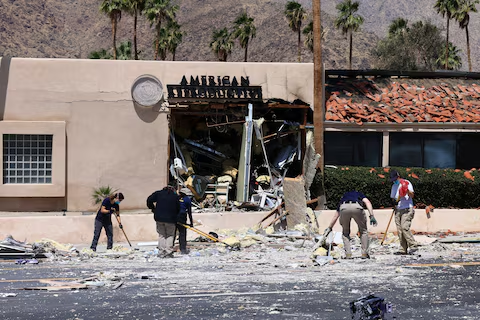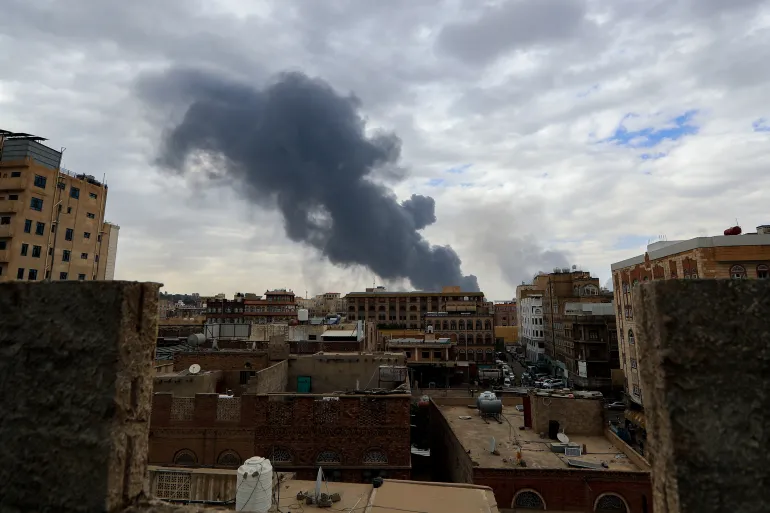The FBI has identified Guy Edward Bartkus, a 48-year-old California resident, as the prime suspect in the recent bombing of a fertility clinic in Palm Springs that left two people dead and several others injured. The attack, which shocked the local community and drew national condemnation, is now being investigated as a potential act of domestic terrorism.
According to law enforcement officials, Bartkus is a former military engineer with a history of anti-government sentiment and previous brushes with the law. Surveillance footage and forensic evidence at the scene reportedly linked him to the homemade explosive device that detonated early Friday morning at the Southern California Reproductive Health Institute.
“The identification of Mr. Bartkus represents a major step forward in our investigation,” said FBI spokesperson Laura Stevens during a press briefing. “He is considered armed and dangerous. We urge the public to remain vigilant and report any sightings immediately.”
Federal agents executed a search warrant at Bartkus’ Riverside County residence on Saturday, where they allegedly found materials consistent with bomb-making, as well as extremist literature and anti-government manifestos. Authorities have not confirmed whether Bartkus acted alone or with accomplices but said that no other suspects are currently in custody.
The bombing killed two employees of the clinic—a nurse and a receptionist—and injured at least five others, some of whom remain in critical condition. The explosion caused significant structural damage to the facility, which specializes in fertility treatments, including in-vitro fertilization and embryo storage.
Emergency responders described the scene as “catastrophic,” and law enforcement initially treated the blast as a criminal incident before escalating it to a federal investigation once the scale and motive became clearer. The Bureau of Alcohol, Tobacco, Firearms and Explosives (ATF) and local police are working alongside the FBI.
“We are looking into possible ideological motivations, including anti-abortion extremism, though no formal links to known groups have been established,” an FBI official told Reuters under condition of anonymity.
Bartkus has a military background, having served in a combat engineering unit in Iraq in the early 2000s. He was honorably discharged but reportedly suffered from untreated PTSD and became increasingly isolated in recent years, according to former associates.
The attack has reignited debate over the safety of healthcare providers, particularly those involved in reproductive health services, who have increasingly become targets of ideological violence. Advocacy groups and medical associations have called for enhanced federal protections for clinics and medical professionals.
“This is a horrifying reminder of the threats faced by providers simply doing their jobs,” said Dr. Emily Sorenson of the American Society for Reproductive Medicine. “We need to ensure that all healthcare spaces are safe from acts of hatred and terror.”
President Donald Trump issued a brief statement offering condolences to the victims and urging calm, while critics have called on the administration to do more to address rising domestic extremism. Democratic lawmakers, including California Senator Alex Padilla, called the attack “a clear act of terrorism” and demanded immediate legislative action to increase federal funding for clinic security.
As the investigation continues, federal authorities are urging anyone with information about Bartkus’ whereabouts to contact the FBI immediately. A $100,000 reward has been offered for information leading to his arrest.
The Southern California Reproductive Health Institute has temporarily closed, and counseling services are being provided to affected families and staff. Local officials have promised a full rebuild and a public memorial to honor the victims.
With the suspect still at large, Palm Springs remains on edge. “This was not just an attack on a clinic,” said Mayor Lisa Middleton. “It was an attack on our community, on our values, and on our belief in the right to safe medical care. We will not be intimidated.”
Source: Reuters



